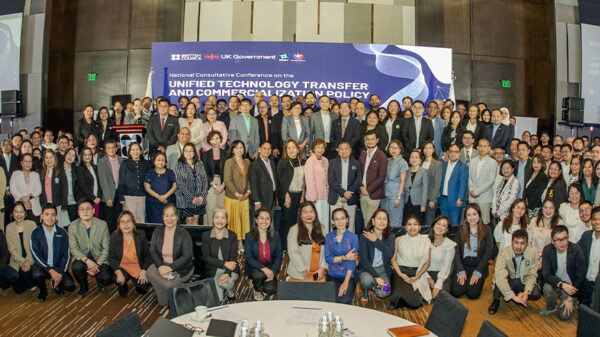Keeper Security announced the release of the Keeper Security Parental Practices Report: Conversations on Cybersecurity, which explores parental attitudes, practices and concerns regarding cybersecurity discussions with their children and sheds light on this imperative topic for families.
The report reveals that almost one in three (30%) parents have never spoken to their children about cybersecurity. Meanwhile, over two in five parents (41%) who admitted they don’t know how to create strong passwords, still give their child access to their mobile phones and almost a third (32%) give them access to their computers.
“In an era marked by digital immersion, parenting responsibilities extend beyond the traditional concerns. As children spend more time online, the discourse around cybersecurity has become a crucial element of modern parenting,” said Darren Guccione, CEO of Keeper Security. “This study highlights the need for increased awareness and education on digital safety among parents, as well as the importance that schools play in filling this gap, and perhaps, taking action at an earlier age.”
Key Insights
- Balancing priorities: Among global respondents, 57% reported greater comfort discussing password security than sex education, while 16% felt more at ease with sex education. Notably, almost one in five (19%) expressed discomfort discussing either subject.
- Parental roles: Despite fathers claiming to be more comfortable than mothers when talking to their kids about cybersecurity, it is mothers who conduct the majority of the cybersecurity discussions, with 56% of parents saying mums were responsible for cybersecurity talks with their children; and 52% citing dads.
- Cybersecurity conversations: Alarmingly, 30% of parents confessed to not addressing cybersecurity with their children at all. Meanwhile, 75% of parents with 12-16-year-olds and 62% with 8-11-year-olds had engaged their children in these discussions. Younger children’s internet exposure without cybersecurity guidance raises serious concerns, as 44% own mobile phones and 46% have online gaming accounts.
- Password security knowledge gap: Only 45% of parents believed their 8-11-year-olds could create strong passwords, while 70% held the same confidence for 12-16-year-olds. Parents with insufficient password security knowledge themselves admitted to granting their children access to their devices, highlighting a potential risk.
- Digital access: Children’s access to digital accounts varied by age, with 73% of 12-16-year-olds owning mobile phones. Of the one in three parents that said their child does not understand how to create a secure password, almost half (48%) have their own phone and their own online gaming accounts (44%).
Conducted in 2023 by Censuswide, the comprehensive survey engaged 4005 parents across diverse backgrounds in select countries. The research delved into parental comfort levels and frequency that parents discussed cybersecurity with their children, who is deemed responsible for these conversations, and the digital platforms their children are allowed to access.
To view the full study, please visit: https://www.keepersecurity.com/en_GB/parental-practices-report/.














































































































